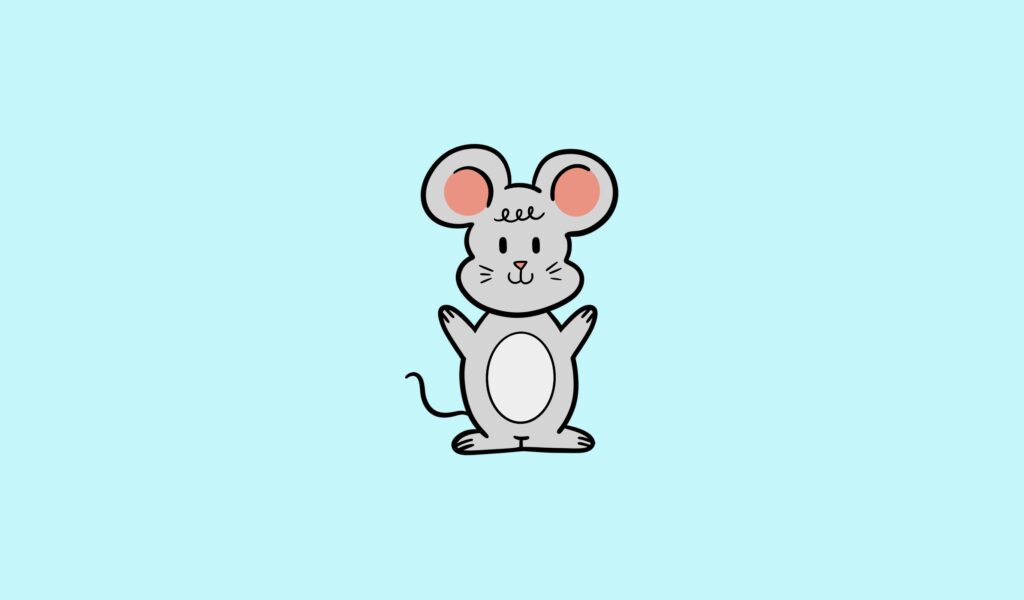Reflections on Codependency Pt 3: Helping Professions
There are people in this world whose life’s vocation is helping others. I want to ask you to slow down for three minutes and silently read this list of professions:
Social Workers, Nurses, Psychiatric Nurses, Psychologists, Teachers, Counselors, Peer Support Workers, Doctors, Therapists, Emergency Responders, Law Enforcement Officers, Crisis Intervention Team Members, Hospice Workers, Mental Health Counselors, Childcare Workers, Substance Abuse Counselors, Occupational Therapists, Speech-Language Pathologists, Geriatric Care Managers, Community Organizers, Financial Counselors, Veterinarians, Personal Care Aides, Foster Care Givers, Family Therapists, Environmental Advocates, Humanitarian Aid Workers, Career Counselors, Coaches, Mentors and Volunteers.
I am a Pastor, and I would like to think that I would be on that list too. Is there anyone I missed? Please reply in the comments if you think I missed someone.
I see a world full of people wanting to help others. What happens when you can’t help someone? All of these professions listed at the top of this article sometimes reach a point where help becomes impossible. It is the greatest frustration that I have ever encountered in my life. Living in a codependent family system means I have been trying to help my entire life.
Here is how it all started. I was the youngest. Everyone loved to hold the cute baby and laugh. I sought to distract everyone from their problems through laughter. This was done at a detriment to myself. Then I lived into this reality in elementary school and then in high school. Pretty soon, I was obsessed with the stage in an unhealthy way. The laughter I gave others was a form of escape. Giving this much to people as a stand-up comedian took quite a bit away from my own well-being. When I wasn’t center stage, I was curled up in a ball with my hoodie on. This is when I hit rock bottom.
Over thirteen years later, and I still struggle with giving too much of myself. As a Christian and a Pastor, I read things like the following from the Gospel of John and wonder ‘How much is too much?’ Jesus says in John 13:
I give you a new commandment, that you love one another. Just as I have loved you, you also should love one another. By this everyone will know that you are my disciples, if you have love for one another.
I have been a youth worker, support worker, addictions counselor, chaplain, and pastor. In each of those positions, I have shown my love by letting go. When I was only six months sober, another recovering addict told me:
“Sometimes love is a choice between letting go or getting dragged”
When I heard that axiom, I imagined myself getting dragged by a long rope attached to a hot air balloon that was inevitably going to float higher. So often in my life, the inevitable forces beyond my control have resulted in me holding on to that proverbial rope. People sometimes wonder why helping professions burn out. I know through firsthand experience that “getting dragged” through helping someone is a reason for burnout.
So then what is the solution? Here is my peculiar answer:
Isolation will not prevent burnout. Self-reliance will not prevent burnout. The only way I have figured out how to shoulder the burden of helping others is through relying on a community of people.
As a pastor, the answer is in front of my eyes every Sunday Morning. Christian Theology tells the story of a need for community and support. I can’t help seeing an extension of my support network when I read the Bible. It seems very often I am preaching about the need to give up the notion of reliance on self and embrace the reality of reliance on others.
In closing, I want to refer to the list of helping professions one more time. I have often heard the term, “How do they do it?”. How do psych nurses embrace their vocation? How do Crisis Intervention Team Members respond to harrowing scenes? How do Doctors deliver the worst news of people’s lives and then go home at shift’s end? Sometimes helpers have support and other times I am certain they do not. What I want to believe is that the helpers are able to help because someone helps them every day.
Thank you and Amen.


